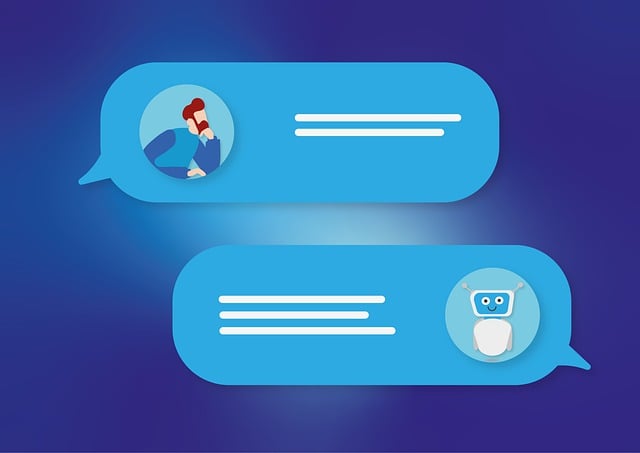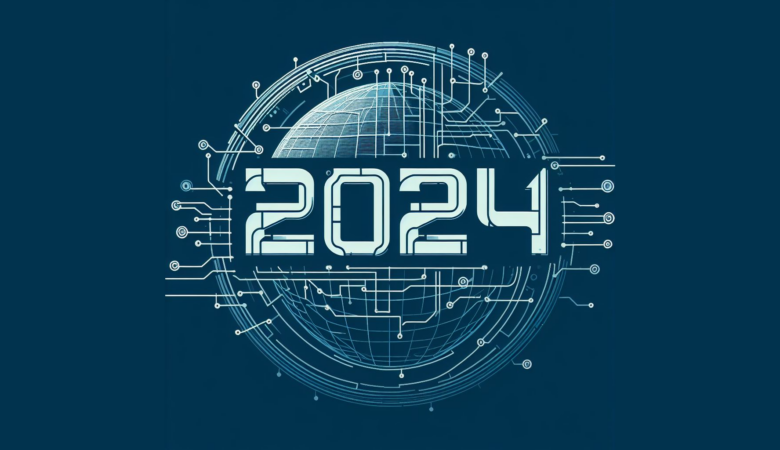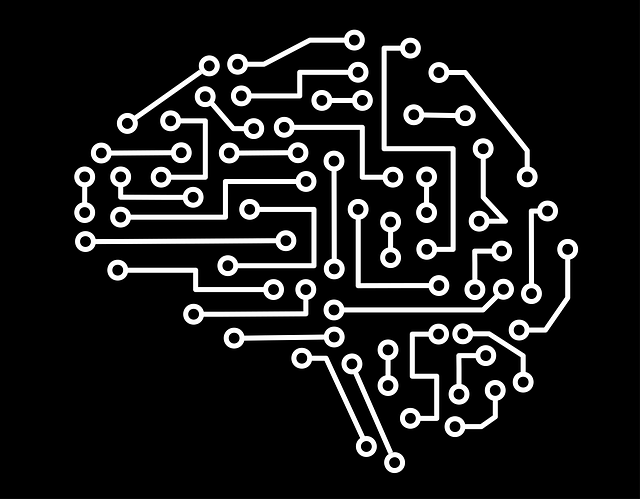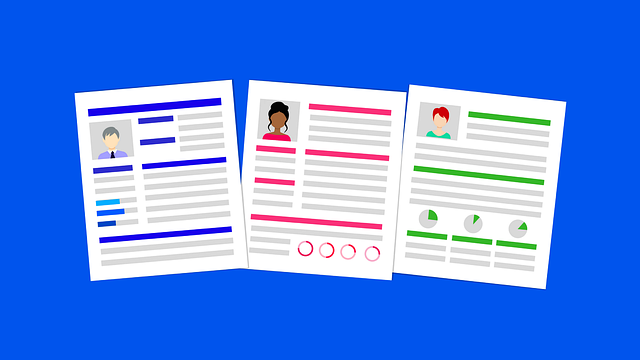In recent years, chatbots have become increasingly popular as a means of communication between businesses and customers. A chatbot is an artificial intelligence software that can simulate a conversation with a human user through text or voice interactions.
Chatbots have revolutionized customer service, sales, and marketing, but their capabilities extend far beyond these areas. In today’s article, we will explore briefly the history of chatbots. We will discuss too what they are and, at last, their applications in different industries.
What are chatbots
Chatbots have been around for longer than many people realize. The first chatbot, ELIZA, “born” in the 1960s to simulate a conversation with a psychotherapist. Since then, chatbots have evolved significantly. Now you can use them for a wide range of purposes, from customer service to healthcare.
A chatbot is a computer program designed to simulate conversation with human users through text-based or voice-based interfaces. Chatbots use natural language processing and machine learning techniques to understand and respond to user queries and requests in a conversational manner.
The most common uses of chatbots are in customer service, where they can provide quick and efficient responses to frequently asked questions and support issues. But you can apply them for other purposes such as sales, marketing, and personal assistance. You can implement chatbots on various platforms, including websites, messaging apps, and voice assistants. They operate in a fully automated manner or in conjunction with human operators to provide a hybrid service.
Main benefits of chatbots
There are several reasons to develop a chatbot for your company’s website. First of all, they improve your customer service by providing 24/7 support and quick responses to customer queries. This leads to increased customer satisfaction and loyalty. And chatbots are also cost-effective. They handle a large volume of customer requests simultaneously, reducing the need for human agents and lowering operational costs.
With increased efficiency, chatbots can automate routine tasks, freeing up human agents to focus on more complex issues and tasks that require a human touch. Another benefit is in data collection and analysis. You can use them to provide insights into user behaviour and preferences, which can inform future business strategies. They can handle an increasing number of customer requests as a business grows, without the need to hire additional human agents
Applications of chatbots
Chatbots can be useful in a variety of areas. We listed six of the main ones:
1. Customer service:
To answer frequently asked questions and provide support to customers. Even more, you can programm chatbots to provide automated responses to common queries. Thus freeing up human agents to handle more complex issues. Additionally, they can be integrated with customer service platforms to provide a seamless user experience. You ara able to customize chatbots to reflect the brand’s voice and personality.
2. Sales and marketing:
Can help businesses generate leads, provide product recommendations, and guide users through the sales funnel. They can also deliver personalized marketing messages and promotions to users. Furthermore, chatbots can collect and analyze user data to help businesses understand user behaviour and preferences, which can inform future marketing and sales strategies.
3. E-commerce:
They can be integrated into e-commerce websites to provide a seamless shopping experience and help users find products, answer questions about product features, and even process orders. Moreover, chatbots provide personalized product recommendations based on user behaviour and preferences. Finally, they can be programmed to upsell and cross-sell products to increase sales.
4. Healthcare:
Used to provide medical advice, answer questions about symptoms, and help users find healthcare providers in their area. Additionally, chatbots can collect user health data, such as vital signs and symptoms, to provide more personalized and accurate medical advice. You can also programm bots to provide mental health support, such as counselling and therapy.
5. Education:
Provide personalized learning experiences, answer questions about course materials, and even grade assignments. Furthermore, chatbots can be integrated with learning management systems to provide real-time feedback to students and teachers, and they can be used to provide language learning support and practice.
6. Personal assistance:
They also play a role as virtual assistants to help users with tasks such as scheduling appointments, setting reminders, and managing to-do lists. In addition, chatbots can be integrated with smart home devices to provide control over home appliances and entertainment systems, and they can be used to provide personalized recommendations for movies, music, and TV shows.
Conclusion
In conclusion, chatbots are transforming the way businesses and organizations interact with customers and clients. They offer a range of benefits, from improved efficiency and cost savings to better customer experiences and outcomes.
As technology continues to evolve, we can expect to see even more innovative applications of chatbots in various industries. If you’re a business owner or professional looking to improve your customer service, sales, or marketing, chatbots may be the solution you need.
Do you have interest in developing a chatbot for your company? If so, you can contact us on our blog page or our website.








Leave a Reply